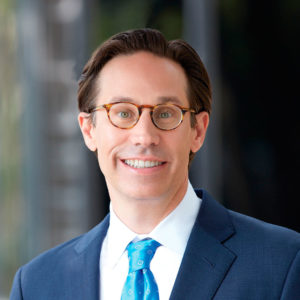
Ridesharing services like Uber and Lyft can be a great way to get around Waco. However, the risk of getting into an accident isn’t necessarily less just because you’ve hired someone else to drive. Uber drivers aren’t professionals, and they’re often distracted by their phones, GPS, the radio, and passengers. As a result, car accidents involving Uber in Waco aren’t uncommon.
Are you struggling with an injury after a Waco Uber accident? You may be entitled to compensation. However, getting the money you deserve can be a challenge. You need an experienced Waco Uber accident lawyer on your side. Contact Lorenz & Lorenz to discuss your Uber accident case with our skilled personal injury attorneys. Your initial consultation is free, so call our law firm to get started today.
Why Should I Hire a Waco Uber Accident Lawyer?
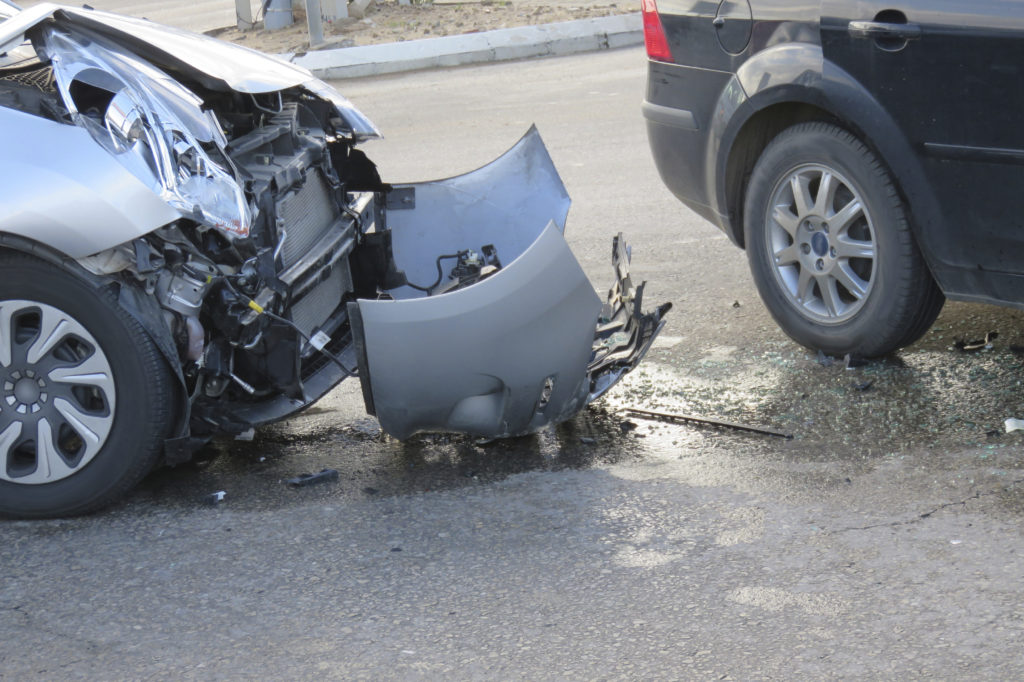
Uber accidents aren’t like other car accidents. They tend to be much more complicated. Multiple parties – including your driver, Uber, and two insurance companies – can be involved. Hiring a car accident attorney in Waco will not only give you time to recover from your injuries but also put your case in experienced hands. You can focus on getting better while our attorneys advocate for compensation on your behalf.
You should trust Lorenz & Lorenz with your Waco Uber accident case because we will:
- Determine who’s at fault and demand money on your behalf
- Protect you if the Uber driver tries to blame you for the accident or your injuries
- Consult with injury experts to determine exactly what your case is worth, and
- Go toe-to-toe with insurance companies and fight for every last dollar you deserve.
We understand how difficult life can be after an unexpected accident. We also know the financial struggles you may face. Our goal is to get you the cash you need and deserve and get it fast.
Our Rideshare Accident Attorneys Get You Results
When you're dealing with the aftermath of an Uber accident, you want a law firm that's not only committed to your cause but also has the required experience and resources. That's where we at Lorenz & Lorenz, PLLC, stand out.
We focus exclusively on personal injury cases. Since 2001, our relentless focus on accidents caused by others' negligence has allowed us to stay up-to-date with changes in laws, trends, and strategies relating to injury litigation. Unlike other law firms that handle personal injury as a subset of their services, we concentrate solely on this area. We believe that when you're hurt by someone else's reckless behavior, it's vital to have legal representation that prioritizes your situation above all else.
Our team is seasoned and well-equipped. We've handled thousands of personal injury cases across central Texas — from minor injuries to permanent impairments and even wrongful deaths resulting from accidents. Our substantial resources include an in-house investigator and a network of medical professionals and accident reconstruction experts who provide crucial insights for building robust claims.
In addition to our proven track record, our respect within the legal community sets us apart. Our lawyers Ted Lorenz, Lesley Lorenz, and Price Ainsworth were honored as Rising Star Super Lawyers by Thomson Reuters in 2009—a prestigious recognition given to only 2.5% of attorneys in Texas based on nominations from peers who've personally seen them in action.
If you're looking for experienced Uber accident lawyers dedicated solely to personal injury cases with a reputation for excellence — look no further than Lorenz & Lorenz.
Proving Negligence in Uber Accidents
Establishing negligence is a critical component of any personal injury case, including Uber accidents. In essence, negligence involves proving that someone failed to exercise reasonable care under the circumstances, and this failure directly led to your injuries.
In an Uber accident scenario, several parties could potentially be held liable based on who was at fault. This might include the Uber driver, another driver involved in the accident, or even Uber as a company in certain cases. The key lies in demonstrating how their careless or reckless behavior resulted in the incident.
When it comes to the Uber driver's negligence, evidence can include proof of distracted driving (such as texting while driving), speeding violations, and disregarding traffic laws like running a red light or stop sign, among others. If impaired driving was involved—driving under the influence of drugs or alcohol—it could also strengthen your claim significantly.
If you believe another driver involved in the accident was negligent, then similar pieces of evidence apply—texting while driving, failure to adhere to traffic rules, and so forth. Ultimately, it’s about establishing their actions fell below what one would expect from a reasonably careful person under similar circumstances, and these actions caused the collision.
In some instances, you may have grounds to file a claim against Uber itself—for example, if they failed to conduct appropriate background checks, leading them to hire drivers with poor safety records.
At Lorenz & Lorenz, our team is adept at gathering such evidence, which often involves police reports, eyewitness testimonies, and expert witness testimonials, among other data points. We meticulously build each case with an understanding that proving negligence requires more than just stating it; it necessitates clear demonstration through compelling evidence that leaves no room for doubt about who should be held accountable for your suffering due to an Uber accident.
Who is Liable For My Injuries After a Waco Uber Accident?
Anyone who contributes to your Uber or Lyft accident can be liable for your injuries. This might include:
- Your Uber driver
- Uber
- A negligent third-party driver
- Motorcyclists
- Pedestrians
- Vehicle manufacturers
- Government agencies, or
- You.
In Texas, you have the right to recover compensation for your injuries as long as you’re less than 51 percent to blame. You can demand compensation from anyone who plays a role in your accident or injury.
If you do share fault – perhaps you weren’t wearing your seatbelt in the Uber or you were driving a different car – your financial award will be reduced. Your damages will be reduced by the degree of fault allocated to you. So, if you’re 25 percent to blame, you’ll be able to recover (at most) 75 percent of your damages.
Getting Compensation After Your Uber Accident
How can you recover compensation when an Uber driver is responsible for an accident? Who pays? The Uber driver, their private insurance company, or Uber’s insurance company? The answer depends on what the Uber driver is doing when the accident occurs. Auto accidents involving rideshare apps are unique since their insurance policies provide varying coverage during different stages of the rideshare process.
The Uber Driver Isn’t Logged Into the Uber App
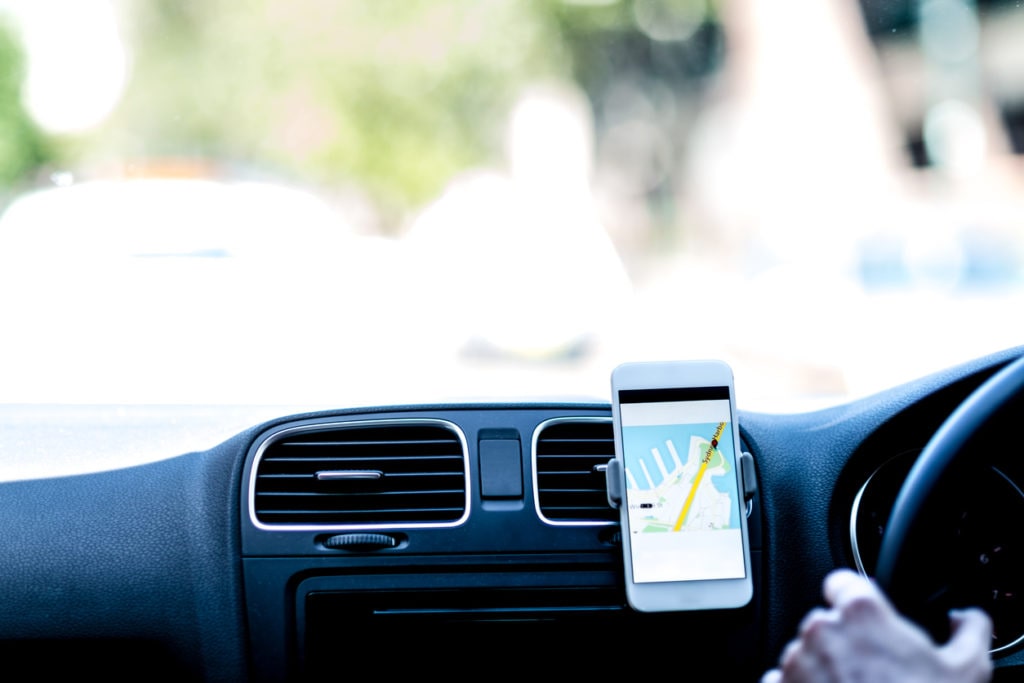
If the driver isn’t logged into the Uber app, their own personal insurance policy will cover the costs of an accident. In Texas, all drivers must purchase and maintain minimum amounts of car insurance.
If your injuries exceed what the driver’s policy covers, you can pursue compensation directly from the at-fault Uber driver with a personal injury lawsuit.
The Uber Driver is Logged Into the App But Hasn’t Accepted a Ride Request
Uber provides insurance coverage for drivers who are logged into the mobile app. The amount of coverage that applies to a particular situation depends on whether or not a driver has accepted a ride request. If a driver is waiting for a request but has yet to accept one, Uber’s limited insurance policy kicks in. This includes:
- Bodily Injury Coverage: $50,000 per person, $100,000 per accident, and
- Property Damage: $25,000 per accident.
This policy is only effective if the driver’s personal coverage doesn’t cover all of the costs of an accident.
The Uber Driver Is Logged Into the App and Has Been Paired With a Passenger
Uber’s $1 Million insurance policy becomes effective the moment a driver accepts a ride request in the Uber app. The policy remains effective until the passenger exits the vehicle and ends the ride on the app.
However, Uber will refuse to cover the costs of an accident if it believes its driver was distracted, drunk, or under the influence of drugs. In fact, the company maintains that it is never liable for harm caused by its drivers, which the company classifies as independent contractors.
What Damages Can I Get After an Uber Accident in Waco, Texas?
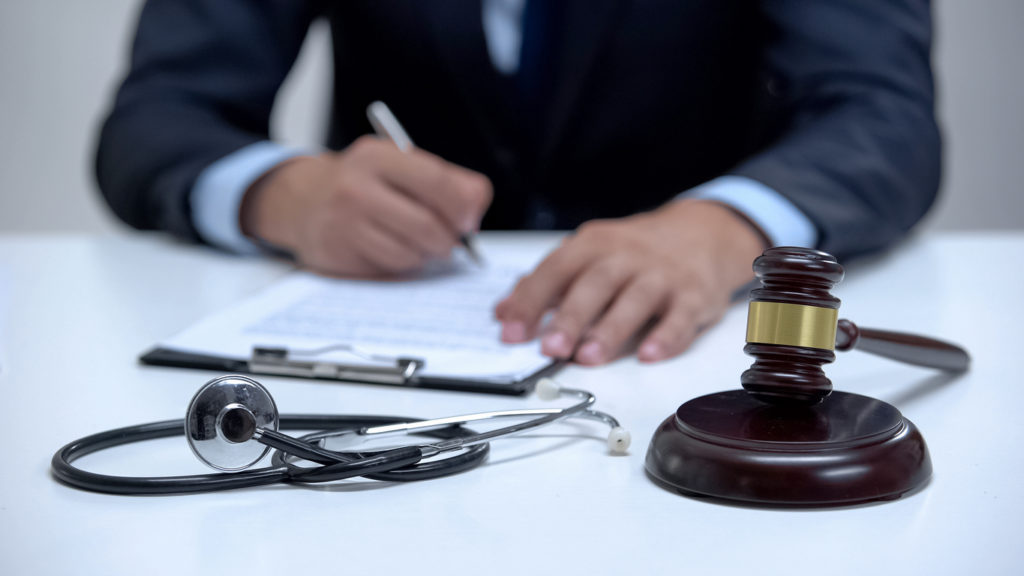
Car accidents can be particularly violent. When you’re a passenger in a vehicle, there’s not much you can do to protect yourself in a crash. As a result, you can sustain severe and debilitating injuries. The physical, emotional, and financial costs of your Uber accident injuries can be overwhelming. You shouldn’t have to struggle with these costs on your own.
At Lorenz & Lorenz, our Uber accident attorneys will fight to help you recover the monetary damages you need and deserve. We’ll pursue money from anyone who is liable, including your Uber driver and Uber itself. This might include compensation for:
- Medical bills and expenses
- Lost wages
- Pain and suffering
- Disability
- Emotional distress
- Reduced earning capacity
- Disfigurement
- Loss of enjoyment of life, and more.
After your accident, we’ll work with experts across central Texas to identify your damages and determine what your case is worth. Expert-backed evidence will help us leverage insurance companies as we work hard to get you every last dollar you deserve.
When Do I Have to File an Uber Accident Claim?
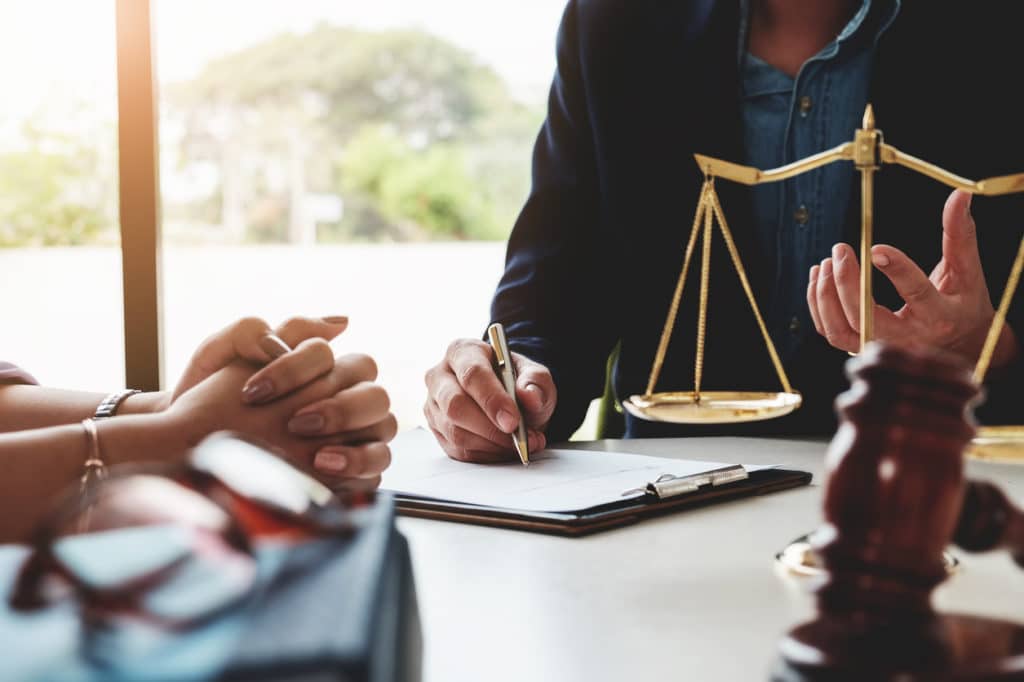
It depends. If you want to get money from an insurance company, you’ll have a very short window of time in which you can submit a claim. Most insurers require notice of an accident within a few days. Claims for insurance benefits often have to be submitted within a “reasonable” amount of time after a crash.
If you want to file a personal injury lawsuit, you’ll have to do so within the applicable statute of limitations. In Texas, you’ll generally have two years to file your personal injury claim.
You risk losing your right to get money after an accident if you hesitate to file a claim. Not sure how much time you have? Call Lorenz & Lorenz for immediate assistance.
What Should I Do Immediately After an Uber Accident?
Safety comes first. Check if everyone involved is alright and call 911 if anyone is injured or it's a serious accident. Document the scene by taking photos of vehicle damages, injuries, road conditions, etc., and collect contact details of all involved parties and any witnesses. Seek immediate medical attention even if you feel fine, as some injuries may not be immediately apparent. Report the incident to Uber through their app and contact a reputable Uber accident lawyer before discussing the incident with insurance companies.
If I was Partly at Fault for the Accident, Can I Still Make a Claim Against Uber or the Driver?
Yes, Texas follows a modified comparative fault rule, which means that as long as you were less than 51% responsible for the accident, you can still seek compensation from other at-fault parties, including Uber or its driver. However, your payable compensation will be reduced by your percentage of fault.
Can a Lawyer Assist Me if My Loved One Died in an Uber Accident Due to Another’s Negligence?
Yes, if your loved one tragically died in an Uber-related accident due to another party's negligence, our attorneys can assist you in filing a wrongful death lawsuit on behalf of the deceased’s estate or close family members who are entitled by law to receive damages like loss of income support and companionship among others.
Do You Charge Upfront Fees for Handling My Case?
At Lorenz & Loren, we work on a contingency basis, which means we do not charge upfront fees but instead deduct our legal fees from any settlement we secure on your behalf. If we’re unable to win your case, then there would be no fee levied upon you.
You Deserve an Experienced Waco Uber Accident Attorney
Just because you take an Uber doesn’t mean that you’ll get to your destination safely. Uber drivers are incredibly distracted. If they’re more interested in finding a passenger or watching their GPS, accidents are bound to happen. Fortunately, you might be entitled to compensation from that driver, their insurance company, or even Uber’s insurance policy. The attorneys at Lorenz & Lorenz can help you fight for the money you deserve.
Contact our Waco law office to schedule your free consultation. When you call, our experienced legal team will carefully review your case. We’ll explain your rights and answer any questions you have. There’s a limited amount of time to act, so don’t hesitate to reach out to us for help today.